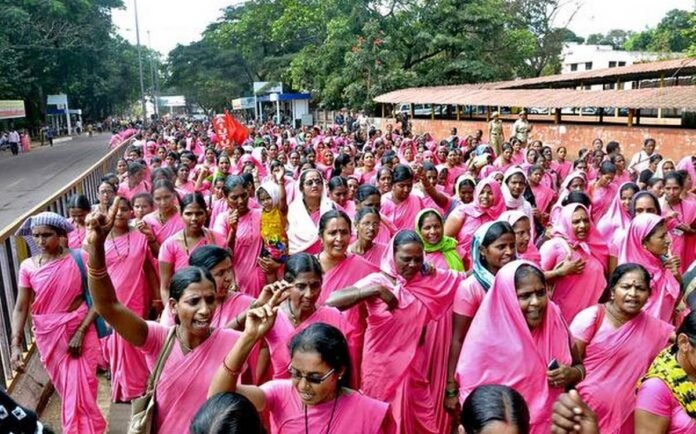
Accredited Social Health Activist (ASHA) is a trained female community health activist who plays a crucial role in the Indian healthcare system. The ASHA scheme, which started in 2005, has now expanded to cover all states and union territories except Goa. ASHA’s selection criteria differ for rural and urban areas to ensure representation and effectiveness in diverse communities.
Selection Criteria for ASHA:
In Rural Areas:
1. ASHA must primarily be a woman resident of the village, aged between 25 to 45 years, and married, widowed, or divorced.
2. She should be a literate woman, preferably qualified up to the 10th standard. However, if no suitable candidate with this qualification is available, this criterion can be relaxed.
3. The selection process involves various community groups, self-help groups, Anganwadi Institutions, and local health committees.
In Urban Areas:
1. ASHA must be a woman resident of a slum or vulnerable cluster identified by the City/District Health Society.
2. She should be in the age group of 25 to 45 years and preferably married, widowed, divorced, or separated.
3. ASHA should possess effective communication skills in the local language and be able to reach out to the community.
4. Literacy is essential, preferably up to Class X, but if suitable candidates are not available, the criteria can be relaxed.
5. A balance between representation of marginalized groups and education levels should be maintained.
Roles and Responsibilities of ASHA:
ASHA acts as a community-level care provider, facilitating access to healthcare services, raising awareness about health entitlements, promoting healthy behaviors, and mobilizing the community for better health outcomes. She also provides curative care as per her training and skills.
Compensation and Benefit Package for ASHA:
While ASHA is primarily an honorary volunteer, she receives compensation for specific situations like training attendance and monthly reviews. She is also eligible for incentives under various national health programs and earns income from social marketing of healthcare products.
ASHA workers are now covered under various government schemes like Pradhan Mantri Suraksha Bima Yojana (Life Insurance), Pradhan Mantri Jeevan Jyoti Beema Yojana (PMJJBY), Pradhan Mantri Suraksha Beema Yojana (PMSBY), and Pradhan Mantri Shram Yogi Maan Dhan (PM-SYM).
Additional incentives have been introduced to motivate ASHAs, such as cash awards for certifications, incentives for completing tasks related to specific health conditions (e.g., TB prevention), and increased monthly incentives.
ASHA Facilitators:
ASHA Facilitators support and mentor ASHAs, ensuring their effective performance. They are critical links in the support structure network and help strengthen the ASHA program. ASHA Facilitators are generally selected from among ASHAs themselves and receive supervisory visit charges to motivate them.
The ASHA program has emerged as a vital link between communities and the public health system in India. ASHAs play a pivotal role in ensuring healthcare accessibility and awareness at the grassroots level. With continuous support, incentives, and recognition, ASHAs and ASHA Facilitators can further strengthen the healthcare infrastructure and improve health outcomes for all sections of society. Their dedication and efforts contribute significantly to building a healthier and more resilient nation.

